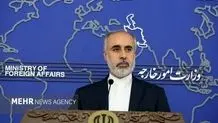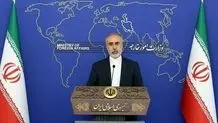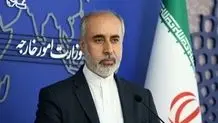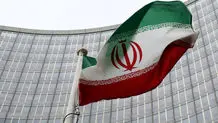FM spox.:
IRGC op. part of Iran's response to violators of its security
Commenting on the IRGC anti-terrorist operations on Tuesday, the Iranian Foreign Ministry Spokesman said that the operations were part of Tehran's just punishment against those who act against the country's security.
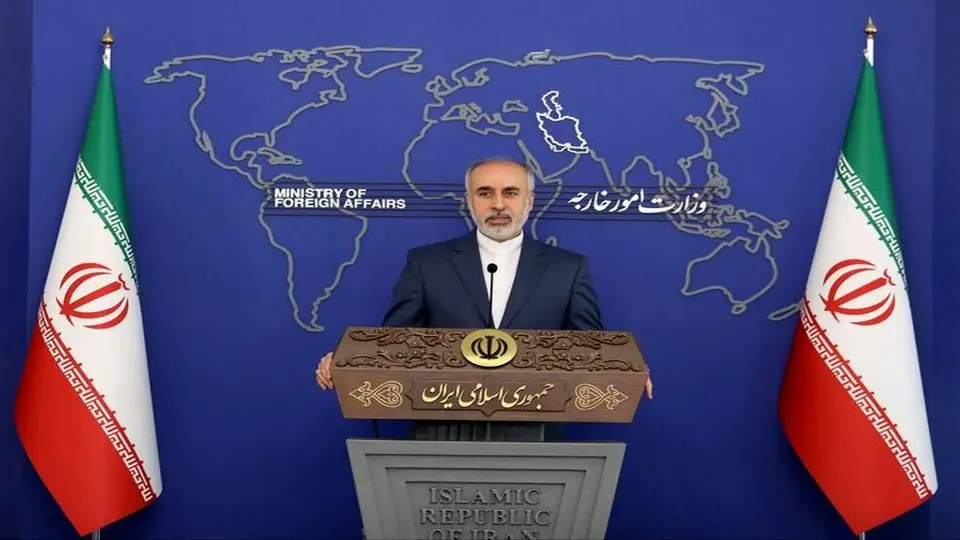
MEHR: Commenting on the IRGC anti-terrorist operations on Tuesday, the Iranian Foreign Ministry Spokesman said that the operations were part of Tehran's just punishment against those who act against the country's security.
The operation was in line with the authoritative defense of the country's sovereignty and security and countering terrorism, Nasser Kan'ani said on Tuesday.
"The Islamic Republic of Iran always supports the peace, stability, and security of the region and adheres to the observance of the sovereignty and territorial integrity of the countries," he said, adding that at the same time, the country will not hesitate to take deterrent action against the threats to its national security and punish the criminals.
The Islamic Republic, with its high intelligence power, identified the criminals' headquarters and targeted their base in a precise operation, the senior Iranian diplomat underlined, emphasizing that this was only part of the response of the Islamic Republic of Iran to those who took action against the country's national security and the security of Iranian citizens.
"Terrorism is a pervasive global threat and Iran is determined to fight terrorism within the framework of joint regional and international cooperation," he stressed.
Early Tuesday, the Islamic Revolution Guards Corps (IRGC) fired barrages of ballistic missiles at Syrian bases of terrorists who were involved in recent attacks in Iran, as well as an Israeli espionage center in Iraq's Kurdistan region.
The IRGC said the first missile strike targeted gathering places of commanders and main elements of recent terrorist attacks in the Iranian cities of Kerman and Rask.
It added that the strike came after gathering points of the Daesh Takfiri terrorist group were identified in the occupied territories of Syria and destroyed with a number of ballistic missiles.
The Takfiri group claimed responsibility for two explosions that killed nearly 100 people and wounded scores of others at a memorial for Iran's top anti-terror commander Lieutenant General Qassem Soleimani in the southeastern Iranian city of Kerman on January 3.
Later the same month, another terrorist attack hit a police station in the southeastern Iranian city of Rask, killing 11 police officers and injuring at least six others.
The IRGC said in a later statement that another missile strike had been launched at a main espionage center of the Israeli regime’s Mossad spy agency in the Iraqi Kurdistan Region.
It said the strike was a sign of the IRGC’s full intelligence superiority over the Zionist regime's bases and activities in the region.
The IRGC added that its missile strike on the Iraqi Kurdistan Region has totally destroyed the Mossad center there.
It noted that the Mossad center was used "to develop espionage operations and plan acts of terrorism" across the region, especially in Iran.
The missile strike against the Mossad center, the statement said, was in retaliation for the recent assassinations of the Resistance Front’s commanders, especially those of the IRGC, by the Zionist regime.
The IRGC also assured “the great nation of Iran” that it will find "the malicious terrorist groups" that are active against the Iranian nation “wherever they are and will punish them for their shameful deeds.”

